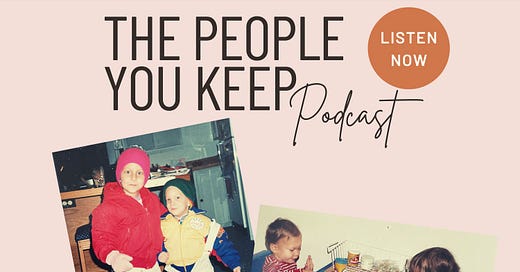Tell me, what is it you plan to do
With your one wild and precious life?
- Mary Oliver, The Summer Day
Mary Oliver’s poems are often my landing spot when I’m in moments of crisis or indecision. This final couplet of The Summer Day has gotten me through many hard hours, calming and steadying me even while raising one of life’s biggest questions.
Imagining it spoken with a certain gravitas, this question could come across as a judgmental challenge. But that is not how I hear Mary Oliver’s voice. Imagining these words spoken in her voice—wise, deep, and gentle—this couplet helps me remember which of the things I do actually matter. It prods with the reminder that I’m in charge of what I choose to do with my time. It whispers that the human experience is wild, which takes some of the self-inflicted weight of “getting things right” off my shoulders.
This couplet also calls out, lovingly, with the lesson that we each have one life to live, and that life is precious. Knowing this and feeling it are two different things.
I felt the finiteness of life most acutely in the loopy, red-eyed days that came after losing my brother Ben suddenly in 2014. We had no warning signs, no time to prepare. He started having seizures, and soon after that he was on life support. We had no time to say goodbye.
I told the story of Ben for the first time in an interview for The People You Keep podcast a few weeks ago (available on Apple and Spotify). Chelsea and Janelle at The People You Keep have the mission of bringing grief stories out into the open, including by sharing their journeys of mothering toddlers after losing their own mothers. It’s a mission I strongly believe in, and they are realizing it beautifully and authentically.
In reliving the experience of my childhood with Ben and the memories of that awful loss, I was struck again with the suddenness with which life can change.
With unexpected life events come the raw, pounding realizations that move us to change as well. When I lost Ben, I felt the rage and pain of a death out of order. No one can count on an 80-year life, as much as we like to. Not my little brother, and not me either.
The summer after losing Ben, I decided to stop talking about writing and to start writing. My husband David and I also decided to freeze embryos, one of which, six years later, became our daughter.
I learned from the way Ben lived his life. My parents and I often say Ben defied expectations. He walked and talked when the doctors doubted he would. He had a form of spina bifida that impacted him cognitively and social-emotionally, and he defied the odds and made it to college. But Ben was not a defiant person. He was a kind, warm-hand-patting-the-shoulder person.
It wasn’t that Ben actively defied expectations, but that he refused to be defined by them. He didn’t let his disability define him. He didn’t let doctors or teachers or family members or anyone else dictate what he would achieve. And he didn’t let his achievements define him either. Ben was Ben, his own unique self, living his days how he wanted to live them.
Now, as I put myself out into the world more often and more openly in the months before my book release, I sometimes feel like I’m seconds away from the world caving in—screaming “how dare you,” and “you’re doing it all wrong.” I try to channel Ben in these moments, telling myself I’m living my wild and precious days like he did, with fewer of the walls I used to put up.
Sometimes I feel Ben’s hand, warm on my shoulder. Telling me it’s all alright.



